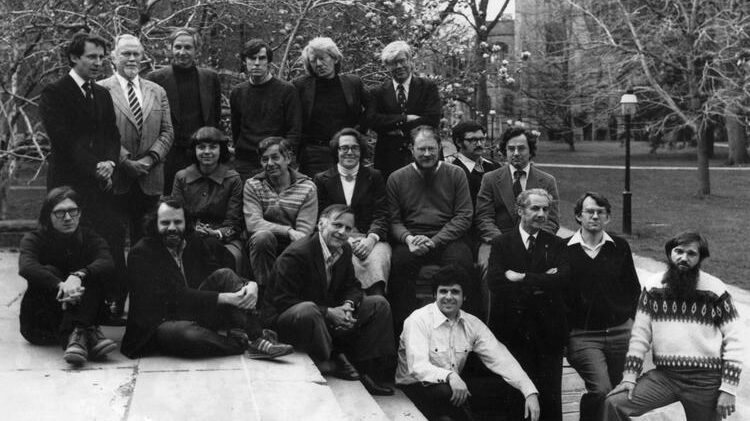Culture and Ideas
-

Can Data Save American Democracy?
|
Are big data platforms a lifeline for American democracy? Or is the solution premised on a misdiagnosis of the issues plaguing US politics?
-

Barack Obama & St. Paul: Two Great Preachers Teaching Democracy
|
My personal reflections on the health of our democracy have been inspired by both contemporary insights as well as historical spiritual advice.
-

Don’t Let Concerns over Xi’s China Trump Vital Language Learning
|
Teaching Chinese the right way today is an essential investment in Britain’s foreign policy future.
-

Debating Privacy in Public in the Age of Surveillance
|
Renewed attention to the meaning of privacy in the context of widespread surveillance suggests that conventional understandings of privacy are decidedly insufficient. Yet, is it even possible for us to recognize something occurring in public as private?
-

Interview with Lois McNay: The Gender of Critical Theory
|
In her most recently published book, The Gender of Critical Theory, Professor Lois McNay argues that contemporary Frankfurt School critical theorists since the 1970s have increasingly failed to attend to the lived realities of oppression.
-

Is AI Making Us (Artificially) Equal?
|
The growing use of internet technologies in human livelihoods has an ambiguous impact upon the notions of human equality and social status. Internet technologies, with an emphasis on Artificial Intelligence (AI), are more likely to widen the inequality gaps due to existing socio-cultural barriers in the physical sphere.
-

An Idiosyncratic Memoir
|
Not Thinking Like a Liberal is precisely Geuss’s attempt to explain why liberalism continues to sit uncomfortably with him.
-

Interview with Samuel Moyn: The Carlyle Lectures on Cold War Liberalism
|
Ming Kit Wong speaks to Samuel Moyn, Henry R. Luce Professor of Jurisprudence at Yale Law School and Professor of History at Yale University, about his series of lectures on Cold War Liberalism.


